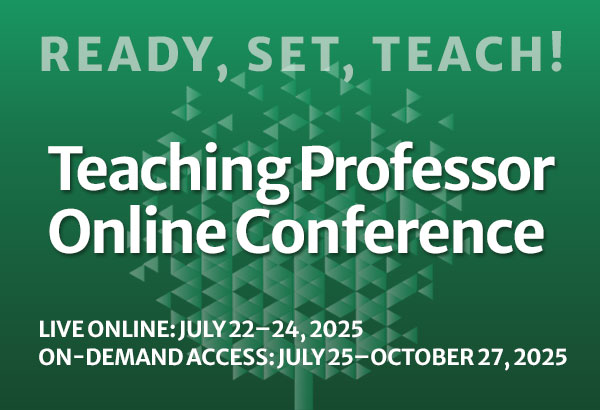
Creating a Climate for Learning: A Survey for Students and Teachers
How well a class functions is the result of both what the teacher does and what the students do. The way we solicit course evaluation feedback reinforces students’ tendency to see the teacher as the one who’s responsible for whether it was a good class.








